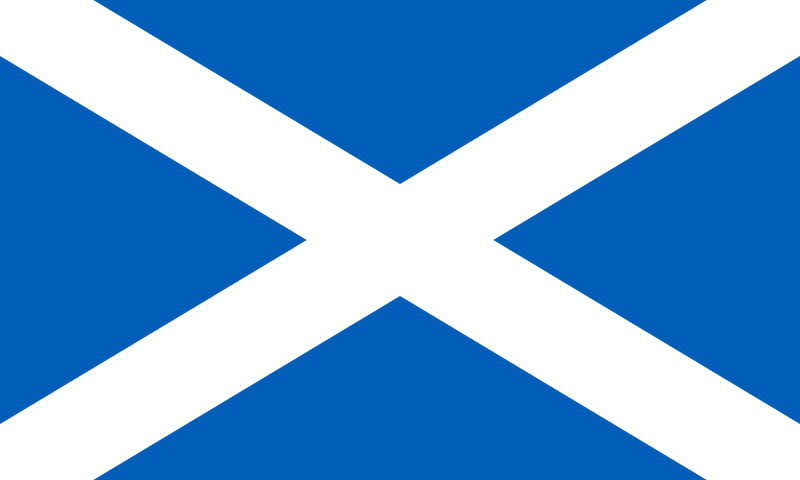
Unless you never see the news on the Internet, never watch news on TV, and never read a newspaper, you know that there is a big uproar about Scotland wanting to secede from Great Britain. Scotland will vote on its independence from United Kingdom on September 18th.
This brings up a lot of questions. What currency will it use? Will it create its own? The euro? The British pound? (How about the US dollar?) Also, will Scotland no longer be on the hook for the British debt? Will this trend cause other breakaways (Wales, Northern Ireland?) or how about California breaking away from the US, or maybe that's a topic for another article.
One question for investors is how will this affect Scottish stocks. According to the free list of Scottish stocks at WallStreetNewsNetwork.com, there are about half a dozen companies based in Scotland that trade in the United States, most of which trade on the Pink Sheets. However, if you have access to the London Stock Exchange, they are all traded there.
Let's look at how these stocks have done historically. A research report was prepared by researchers at London Business School and Walbrook Economics, which showed that in investment in the Scotsie 100 (the 100 largest Scottish stocks) in 1955 had produced an 11.5% average annual return, versus the rest of UK stocks which returned 12.6% over the same period. Would Scottish stocks have performed better without the constraints of being part of Unite Kingdom? I will leave that up to you to decide.
 The one Scottish stock that trades on the New York Stock Exchange is Royal Bank of Canada (RBS). This bank, based in Edinburgh, was founded in 1727. For the latest quarter, adjusted operating profit rose 118% year over year, and increased 36% over the previous quarter. However, total income was down 10% over the same quarter last year.
The one Scottish stock that trades on the New York Stock Exchange is Royal Bank of Canada (RBS). This bank, based in Edinburgh, was founded in 1727. For the latest quarter, adjusted operating profit rose 118% year over year, and increased 36% over the previous quarter. However, total income was down 10% over the same quarter last year.Another Scottish company is SSE (SSEZY), a generator and distributor of electricity in the UK and Ireland. The stock trades at 43 times trailing earnings and 13 times forward earnings.
Standard Life (SLFPF) is a provider of savings, investment, and insurance solutions that trades at 20 times trailing earnings.
To see a list of Scottish stocks traded in the US, which includes financial data, go to WallStreetNewsNetwork.com. Let's see what happens with the election and the effect of Scottish stocks.
Disclosure: Author didn't own any of the above at the time the article was written.
By Stockerblog.com
No comments:
Post a Comment